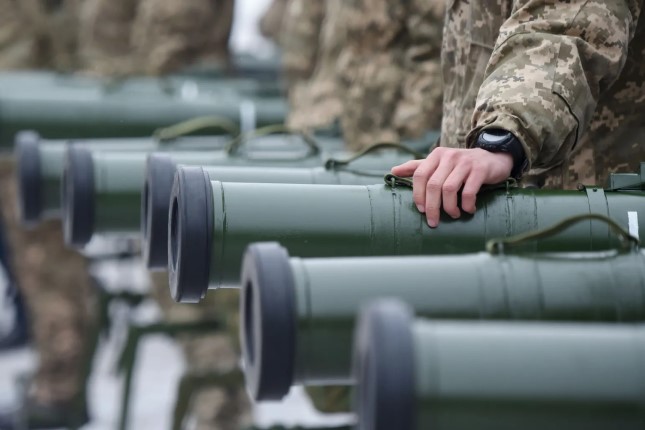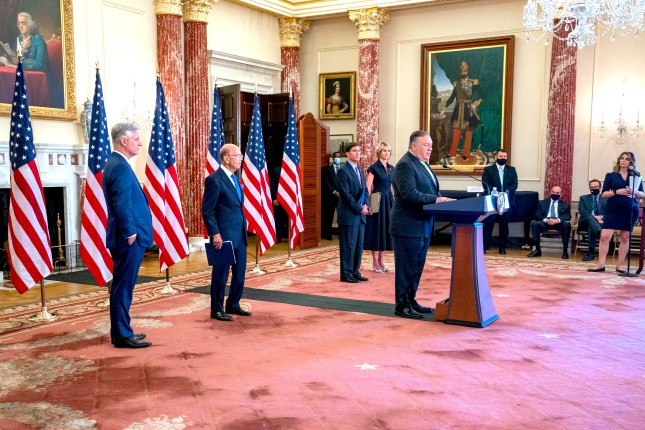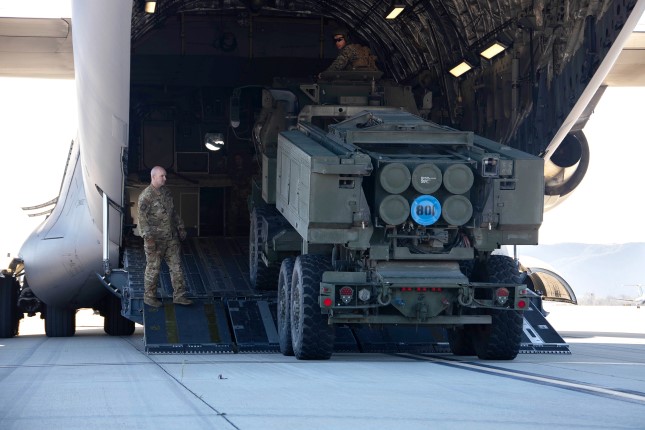The Pentagon has warned Congress that it’s running out of money to replace stockpiles of weapons that have been sent to Ukraine and has been forced to slow down the replenishment of the US military.
The warning comes after Congress passed a short-term funding bill to avert a government shutdown that did not include money to continue fueling the proxy war in Ukraine.
According to AP, Pentagon Comptroller Michael McCord told House and Senate leaders that the US military has $1.6 billion left of the $25.9 billion Congress has authorized to replace weapons poured into Ukraine.
“We have already been forced to slow down the replenishment of our own forces to hedge against an uncertain funding future,” McCord said in a letter to congressional leaders. “Failure to replenish our military services on a timely basis could harm our military’s readiness.”
The Pentagon also has about $5.4 billion remaining in Presidential Drawdown Authority, which allows President Biden to ship weapons to Ukraine from US military stockpiles. The $5.4 billion is what’s left of the $6.2 billion that became available after the Pentagon claimed an “accounting error” that overvalued arms sent to Ukraine freed up more money to spend on fueling the war.
McCord said the Pentagon is completely out of funds for the Ukraine Security Assistance Initiative, which allows the administration to purchase weapons for Ukraine and is meant as more long-term support. He said without new funding for the war soon, the Pentagon will be forced to restrict the types of arms being sent to Ukraine that are “critical and urgent now as Russia prepares to conduct a winter offensive.”
The White House has asked Congress to authorize an additional $24 billion for Ukraine, which would bring total US spending on the war to about $137 billion. While some House Republicans who oppose the proxy war have made it difficult to approve more aid, the majority of Congress still supports the policy, and the $24 billion is expected to pass once brought to a vote.
Source: AntiWar.
































